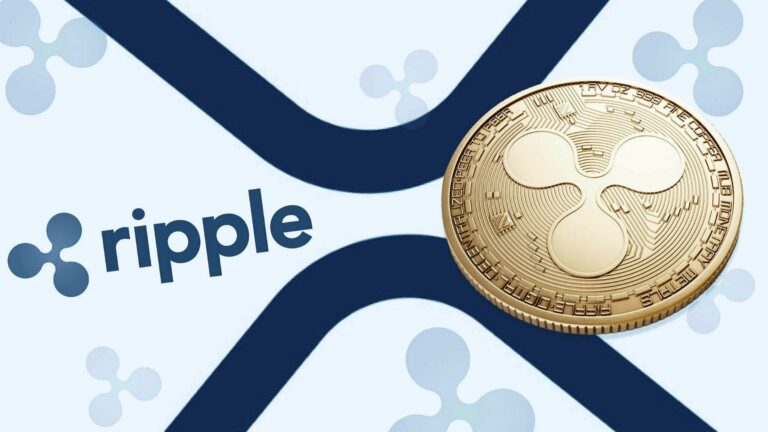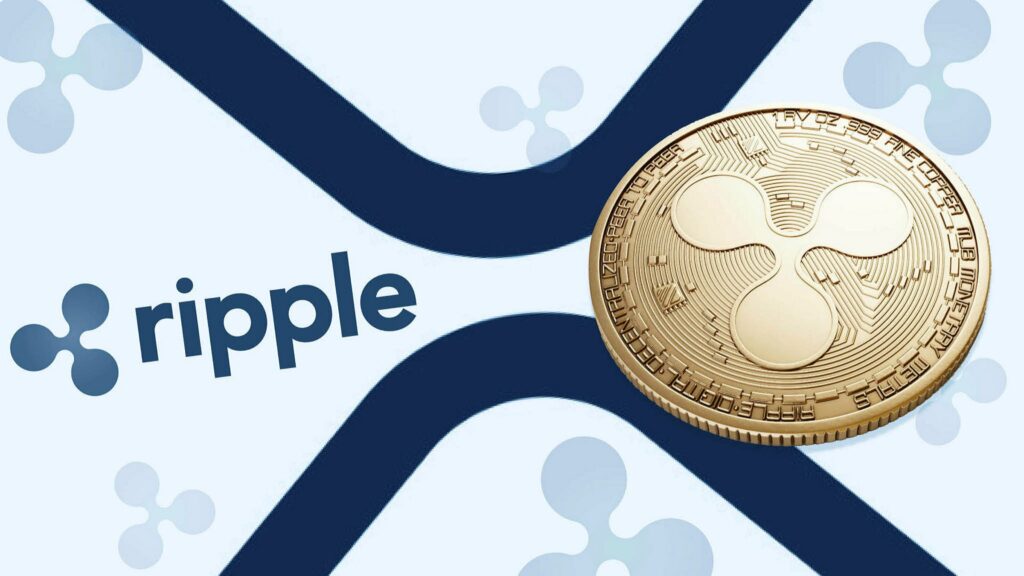
Ripple, the renowned blockchain technology company, has recently unveiled its ambitious initiative to revolutionize the real estate sector through the implementation of tokenization. With its proven expertise in blockchain solutions, Ripple aims to address the challenges and inefficiencies plaguing the traditional real estate industry by leveraging the power of digital tokens. This groundbreaking endeavor has the potential to disrupt the market, streamline transactions, and enhance accessibility for investors and homeowners alike.
The Significance of Ripple’s Initiative
The real estate sector has long been characterized by cumbersome processes, intermediaries, and lack of liquidity. However, with the advent of blockchain technology, opportunities for innovation and transformation have emerged. Ripple, known for its focus on enhancing cross-border payments and financial services, recognizes the immense potential of blockchain in revolutionizing the real estate market.
Tokenization, the process of converting assets into digital tokens on a blockchain, offers several advantages that can address the challenges faced by the real estate industry. By digitizing real estate assets, Ripple aims to introduce greater liquidity, transparency, and accessibility to the market. Through the use of blockchain-based tokens, the cumbersome and time-consuming processes associated with property transfers, investments, and ownership can be simplified, streamlined, and made more secure.

How Tokenization Works
Tokenization of real estate involves representing physical properties as digital tokens on a blockchain. Each token represents a fraction of the underlying property, and ownership of these tokens grants the holder a proportional stake in the property. This fractional ownership model enables greater flexibility, as investors can now acquire and trade smaller portions of properties, thereby democratizing access to real estate investments.
Additionally, tokenization offers improved liquidity. Traditionally, real estate investments are illiquid, often requiring significant time and effort to sell or transfer ownership. However, with tokenization, these barriers are significantly reduced, as tokens can be easily traded on blockchain-based platforms. This liquidity enhancement opens up opportunities for a broader range of investors to participate in the real estate market, ultimately leading to increased market efficiency.
Advantages of Ripple’s Tokenization Initiative
Ripple’s initiative to transform the real estate sector using tokenization brings forth numerous advantages and benefits for all stakeholders involved.
Enhanced Liquidity and Accessibility
Tokenization enables fractional ownership, allowing investors to acquire smaller portions of real estate assets. This fractional ownership model enhances liquidity and lowers the barriers to entry for potential investors, enabling broader participation in the real estate market. Furthermore, tokenization facilitates seamless and efficient transfer of ownership, eliminating the need for intermediaries and reducing associated costs.
Improved Transparency and Security
Blockchain technology inherently offers transparency and security. By utilizing distributed ledger technology, Ripple’s tokenization initiative provides an immutable and tamper-proof record of property ownership and transactions. This enhanced transparency reduces the risk of fraud and enhances trust among participants. Additionally, smart contracts can be implemented, ensuring the execution of predefined conditions and automating various aspects of real estate transactions.
Streamlined Processes and Cost Reduction
Traditional real estate transactions often involve lengthy processes, paperwork, and intermediaries, leading to significant time and cost implications. With tokenization, these processes can be streamlined and automated, reducing the need for manual interventions and paperwork. The elimination of intermediaries also reduces transaction costs, making real estate investments more cost-effective and efficient for buyers and sellers alike.
Global Reach and Cross-Border Transactions
Ripple’s extensive network and expertise in cross-border payments can be leveraged to facilitate global real estate transactions. By utilizing blockchain technology and digital tokens, investors from around the world can easily participate in real estate markets that were previously difficult to access. This global reach opens up new opportunities and diversifies investment portfolios for individuals and institutions.
Conclusion
Ripple’s initiative to transform the real estate sector using tokenization holds the potential to revolutionize the industry. By leveraging blockchain technology, fractional ownership, and enhanced liquidity, Ripple aims to address the challenges and inefficiencies of the traditional real estate market. The benefits of increased accessibility, transparency, security, and streamlined processes make tokenization an attractive proposition for investors, homeowners, and real estate professionals alike. However, the successful implementation of this initiative requires collaboration between industry players, regulatory bodies, and technological advancements to ensure a seamless transition to a more efficient and inclusive real estate ecosystem.
Ripple has announced its initiative to transform the real estate sector using tokenization.